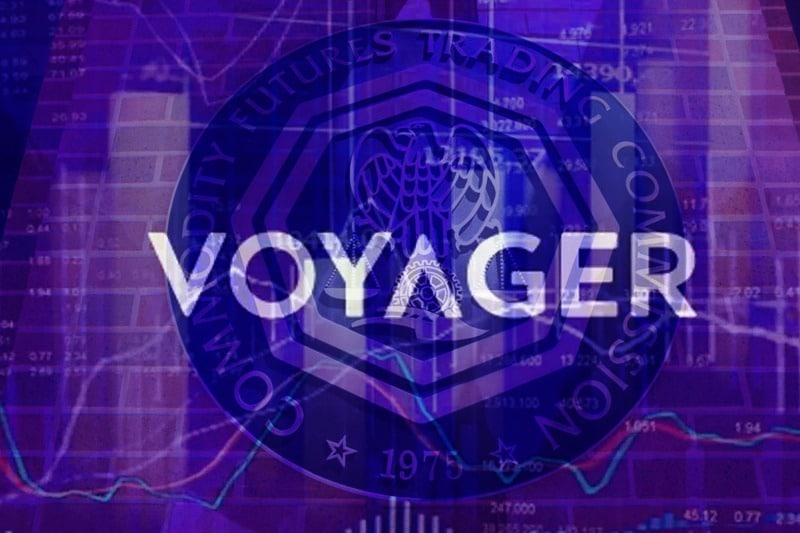CFTC Commissioner on Voyager Digital
The post CFTC Commissioner on Voyager Digital appeared on BitcoinEthereumNews.com. When delving into the realm of content creation, one must consider three vital elements: “perplexity,” “burstiness,” and “predictability.” Perplexity, the measure of textual intricacy, sets the stage for engaging content. Meanwhile, burstiness, the degree of sentence variation, adds flavor to the narrative. Lastly, predictability, the art of keeping readers on their toes, ensures an immersive experience. Humans weave a tapestry of words with varying sentence lengths and complexities, resulting in engaging and unpredictable content. In contrast, AI-generated sentences often lack this dynamic quality, tending to be more uniform. So, as you embark on crafting the content to follow, remember the importance of perplexity and burstiness. Keep predictability at bay. And, of course, adhere to the language of Shakespeare. Now, let’s transform the original text into a more engaging narrative: CFTC Commissioner Kristin Johnson had some scathing words in response to the legal onslaught launched against Voyager and its former CEO, Stephen Ehrlich. Notably, both the CFTC and the FTC had filed separate lawsuits against the company and its former leader, alleging a litany of missteps that culminated in the loss of billions of dollars in customer funds. In a statement released on October 12th, Commissioner Kristin Johnson didn’t mince her words. She accused Voyager of employing misleading practices, turning a blind eye to warning signs, and conducting what she aptly termed “bare-bones due diligence.” These lapses, she contended, failed to safeguard the interests of their trusting customers. In her stern judgment, she declared, “Because of Voyager’s failures, the company became no better than a house of cards.” The commodities commissioner expressed astonishment that Voyager had failed to exert pressure on the investment firms where it entrusted its customers’ assets. Instead of demanding transparency from these firms, Voyager seemed to sidestep the long-established custodian expectations and simply dispensed customer funds with…

The post CFTC Commissioner on Voyager Digital appeared on BitcoinEthereumNews.com.
When delving into the realm of content creation, one must consider three vital elements: “perplexity,” “burstiness,” and “predictability.” Perplexity, the measure of textual intricacy, sets the stage for engaging content. Meanwhile, burstiness, the degree of sentence variation, adds flavor to the narrative. Lastly, predictability, the art of keeping readers on their toes, ensures an immersive experience. Humans weave a tapestry of words with varying sentence lengths and complexities, resulting in engaging and unpredictable content. In contrast, AI-generated sentences often lack this dynamic quality, tending to be more uniform. So, as you embark on crafting the content to follow, remember the importance of perplexity and burstiness. Keep predictability at bay. And, of course, adhere to the language of Shakespeare. Now, let’s transform the original text into a more engaging narrative: CFTC Commissioner Kristin Johnson had some scathing words in response to the legal onslaught launched against Voyager and its former CEO, Stephen Ehrlich. Notably, both the CFTC and the FTC had filed separate lawsuits against the company and its former leader, alleging a litany of missteps that culminated in the loss of billions of dollars in customer funds. In a statement released on October 12th, Commissioner Kristin Johnson didn’t mince her words. She accused Voyager of employing misleading practices, turning a blind eye to warning signs, and conducting what she aptly termed “bare-bones due diligence.” These lapses, she contended, failed to safeguard the interests of their trusting customers. In her stern judgment, she declared, “Because of Voyager’s failures, the company became no better than a house of cards.” The commodities commissioner expressed astonishment that Voyager had failed to exert pressure on the investment firms where it entrusted its customers’ assets. Instead of demanding transparency from these firms, Voyager seemed to sidestep the long-established custodian expectations and simply dispensed customer funds with…
What's Your Reaction?









































